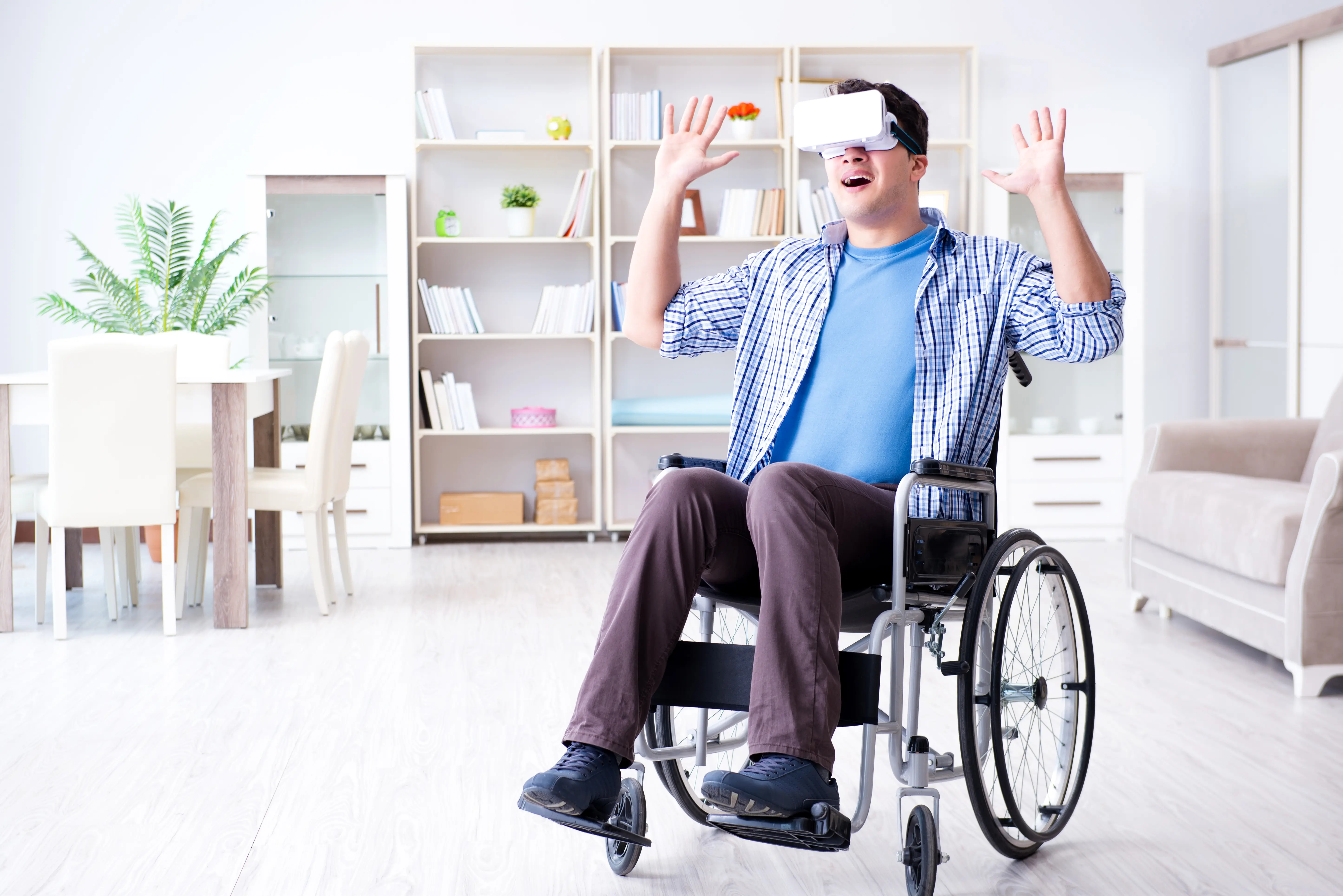Ethical dimensions of digital technology-assisted physiotherapy: fundamentals for ethics education of physiotherapists
Description
Background and study aim: Nowadays, more and more digital technologies are used in physical therapy and rehabilitation, such as robotic rehabilitation, health apps and wearables, virtual reality for stroke rehabilitation or telephysiotherapy. This development requires a new responsibility for physical therapists to critically examine the ethical aspects of digital technologies. To further develop the competencies of physiotherapists in the use of digital health technologies, the training of the skills required must keep pace with the development in the field.This project aims toscope of ethical dimensions that need to be considered by physiotherapists when using digital technologies in their practice and to identify ethical conflicts that arise within these ethical dimensions,identify physiotherapists’ views on ethical dimensions of digital technology use and identify their needs related to knowledge and competencies,develop case vignettes ethically relevant for physiotherapy practice, andtranslate case vignettes into an effective toolkit for education to reflect on ethical questions.Methodological approach: We plan to conduct 1) a scoping review on ethical conflicts arising in digital technology-assisted physiotherapy practice; 2) focus groups with physiotherapists and patients to explore their views on the ethical dimensions of digital technology-assisted physiotherapy and focused ethnography in various medical settings; 3) the development of case vignettes based on the results from studies 1 and 2 and their validation in an expert workshop and an online Delphi survey; and 4) the translation of the developed case vignettes into various educational material.Expected results: This project will provide insight into the ethical dimensions of digital technology-assisted physiotherapy from both physiotherapists' and patients' views. These ethical dimensions will be adopted in case vignettes to be connectable on game-based learning tools (e.g. moral games). At the end of the project, a toolkit to use in ethics education will be available.
Key Data
Co-Projectlead
Project team
Prof. Dr. Marco Barbero, Prof. Dr. Nikola Biller-Andorno, Gabriele Bracher, Dr. Tobias Eichinger, Prof. Dr. Andrea Glässel, Anja Hinteregger, Dr. Anna Lisa Martin-Niedecken, Dr. Jean-Gabriel Piguet, Leah Reicherzer, Prof. Dr. Michael Ignaz Schumacher, Sophie Walker
Project partners
Zürcher Hochschule der Künste ZHdK / Institut für Designforschung; Universität Zürich / Institut für Biomedizinische Ethik und Medizingeschichte; Haute école spécialisée de Suisse occidentale HES-SO Valais-Wallis / Institute of Informatics; Scuola universitaria professionale della Svizzera italiana SUPSI / Rehabilitation Research Laboratory
Project status
ongoing, started 06/2024
Institute/Centre
Institute of Physiotherapy (IPT); Institute of Public Health (IPH)
Funding partner
SNF - Health Research and Wellbeing at UAS and UTE / Projekt Nr. 220690
Project budget
553'612 CHF

